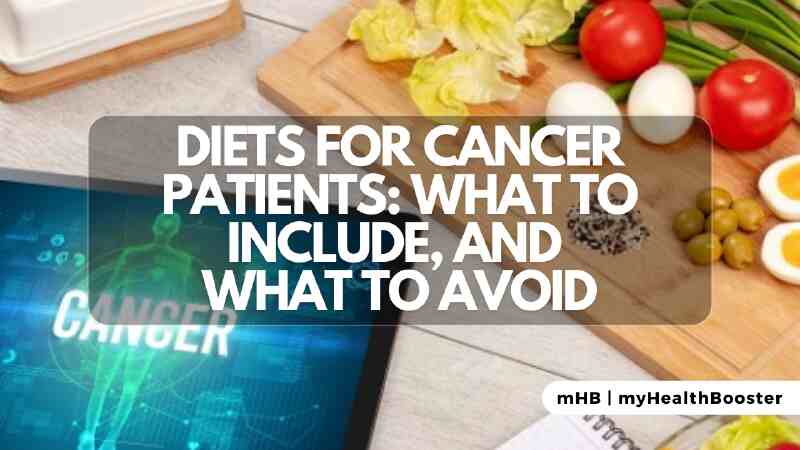Upon receiving a cancer diagnosis, individuals often reassess their lifestyle, with a particular focus on dietary choices, to enhance treatment outcomes and support recovery. Nutrition plays a pivotal role in the clinical journey of a cancer patient, contributing to maintaining a healthy body weight and aiding in healing, repair, and recovery.
While there is insufficient scientific evidence to substantiate claims about specific foods reducing or promoting survivorship for a particular type of cancer, the emphasis on nutrition remains crucial. Cancer patients typically require additional calories and proteins to cope with treatment, and adopting a healthy eating pattern is recommended by organizations like the American Cancer Society.
Fundamental dietary tips for those undergoing cancer treatment
- Frequent, Smaller Meals: Divide three large meals into several small meals throughout the day for gut-friendly eating.
- Consistent Meal Gaps: Eat small meals with a few hours in between, avoiding waiting until hunger strikes.
- Nutrient Boost: Sprinkle nuts or seeds over salads or desserts to add nutritional value.
- Strategic Meal Sizing: Consume the most substantial meal when hunger is most pronounced; for instance, make breakfast the largest if mornings trigger the most hunger.
- High-Protein Beverages: Include high-protein beverages in your diet to meet protein needs.
- Hydration Practices: Maintain adequate hydration by drinking fluids between meals rather than with meals.
- Pre-Meal Exercise: Engage in a light walk or exercise before meals to improve your appetite.
- Cravings Acknowledgment: Do not resist cravings; if you desire your favorite food, indulge in moderation.
- Spice and Oil Moderation: Avoid spicy and fried foods to ease digestion.
- Fresh Meal Preference: Opt for fresh meals whenever possible.
Superfoods for Cancer Patients
While the term “superfoods” lacks extensive scientific evidence specific to cancer prevention or survivorship, certain foods are considered nutrient-dense and beneficial for managing cancer treatment side effects:
- Berries and Fruits: Rich in antioxidants, berries, amla, melons, bananas, and pineapple can be refreshing choices. Blueberries, raspberries, and strawberries exhibit anticancer effects and antioxidant activity.
- Tomatoes: Containing lycopene, tomatoes are associated with a potential reduction in prostate cancer risk.
- Dark Leafy Vegetables: Kale and spinach, high in fibers and folate, play a role in cancer prevention.
- Carrots: Non-starchy vegetables like carrots, with beta-carotene and phytochemicals, may protect against various cancers.
- Whole Grains: Promoting digestive health, whole grains contain substances like saponins and lignans, which fight against cancer.
- Meat and Poultry: Good protein sources, essential for gaining muscle mass, should be consumed when properly cooked.
- Walnuts: Packed with omega-3 fatty acids and tocopherols, walnuts exhibit cancer-fighting properties.
- Garlic: Research suggests that garlic may influence gene expression and play a role in cancer prevention.
- Cruciferous Vegetables: Broccoli and cauliflower, rich in glucosinolates, may decrease inflammation and flush out cancer-causing chemicals.
- Yoghurt and Soy: Unsweetened yoghurt promotes digestion, while moderate amounts of soy contain isoflavones with anti-cancer properties.
What to Avoid
- Red and Processed Meats: Linked to increased cancer risk, particularly colorectal, pancreatic, and prostate cancers, these meats should be limited.
- Alcohol: WHO emphasizes that any amount or type of alcohol increases the risk of developing cancer, impacting various organs.
It’s crucial to recognize that no specific food can eliminate cancer risk entirely. However, maintaining a balanced diet rich in fruits and vegetables may contribute to decreasing the odds. Always consult with your primary care physician and nutritionist before making significant dietary changes.
